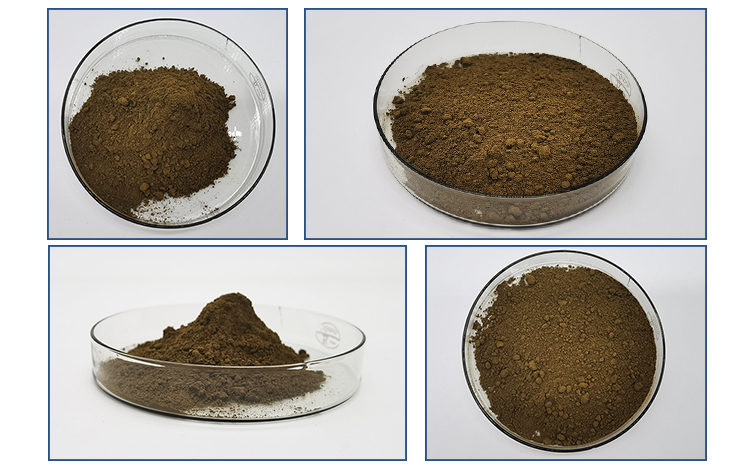Amentoflavone is a flavonoid compound found in various plants, particularly in species like Ginkgo biloba and Hypericum perforatum (St. John’s wort). It has garnered interest due to its potential health benefits and pharmacological properties.
Application of Amentoflavone
Neuroprotective Effects: Amentoflavone has been studied for its neuroprotective properties. It shows potential in protecting neurons from damage and oxidative stress, which could be beneficial in neurodegenerative conditions like Alzheimer’s disease and Parkinson’s disease.
Anti-inflammatory Activity: Studies have suggested that amentoflavone possesses anti-inflammatory properties. It may inhibit certain inflammatory pathways and reduce the production of inflammatory mediators, thereby potentially aiding in the treatment of inflammatory conditions.

Antioxidant Properties: As an antioxidant, amentoflavone scavenges free radicals and helps protect cells from oxidative damage. This property is crucial in combating oxidative stress, which is implicated in various diseases and aging processes.
Anti-cancer Potential: There is emerging research on amentoflavone’s anti-cancer effects. It has shown cytotoxic effects against various cancer cell lines in vitro, indicating a possible role in cancer treatment. However, further studies are needed to understand its exact mechanisms and potential clinical applications.
Anxiolytic and Antidepressant Effects: Amentoflavone has been investigated for its effects on mood disorders. It may have anxiolytic (anti-anxiety) and antidepressant properties, which could be attributed to its ability to modulate neurotransmitter levels and interact with receptors in the brain.
Antiviral and Antibacterial Activity: Preliminary studies suggest that amentoflavone may possess antiviral and antibacterial properties. It has shown inhibitory effects against certain viruses and bacteria, although more research is needed to explore its full spectrum of antimicrobial activity.

Bone Health: Some studies suggest that amentoflavone may benefit bone health by promoting osteoblast differentiation and bone formation. This could potentially be useful in preventing or treating conditions like osteoporosis.
Metabolic Health: There is evidence suggesting that amentoflavone may influence lipid metabolism and adipocyte function, which could have implications for managing obesity and related metabolic disorders.
While amentoflavone shows promise in various health applications, it’s important to note that much of the research is still in early stages, and many studies have been conducted in vitro or in animal models. Further clinical studies are necessary to fully understand its efficacy, safety profile, and optimal therapeutic uses in humans. As with any bioactive compound, consulting healthcare professionals before using amentoflavone supplements or treatments is advisable, especially if you have existing health conditions or are taking medications.
